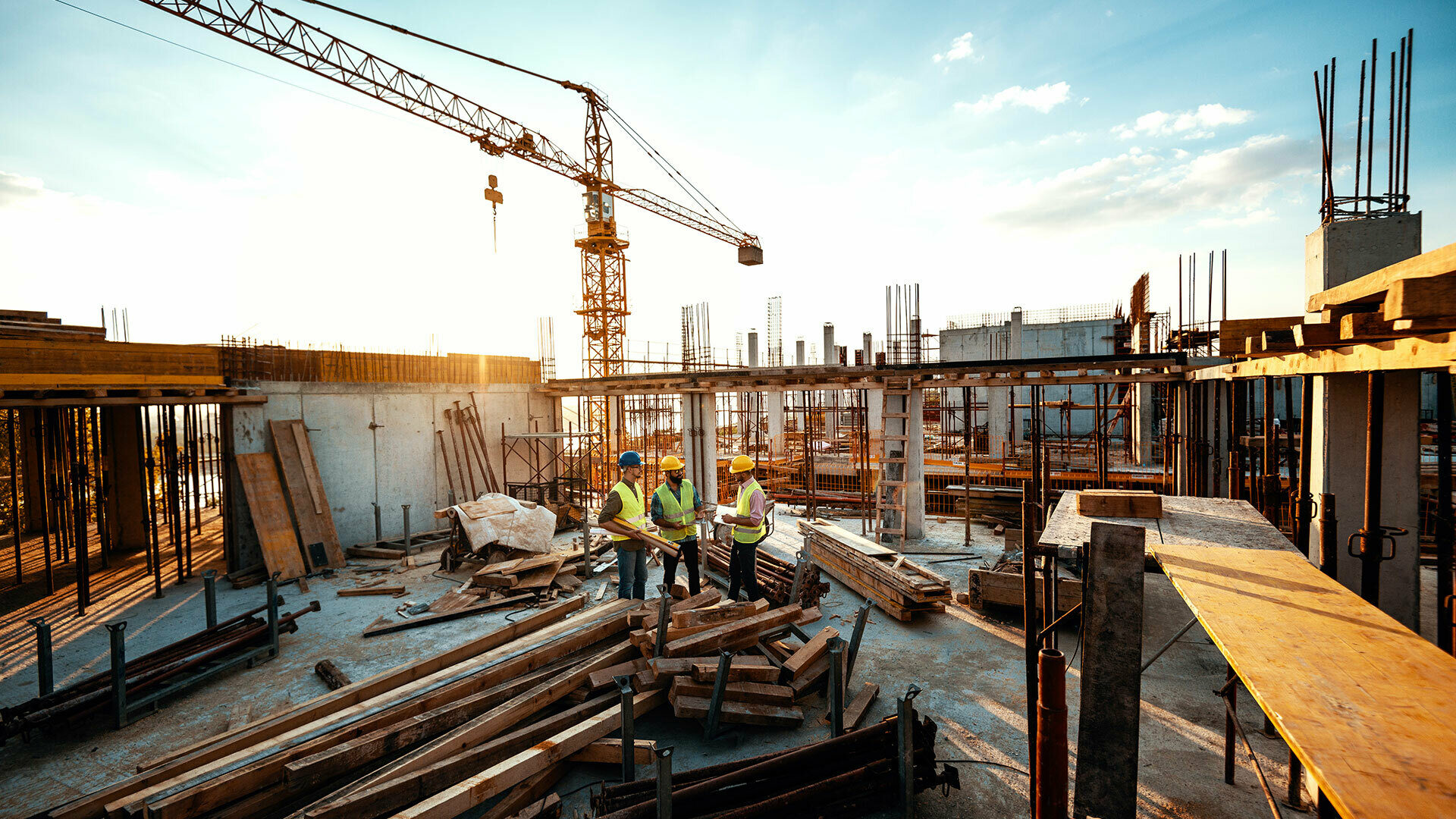A competitive economy in the Western Balkans is good for the region and good for Europe. The EU has long supported economic development in the Western Balkans. Yet big gaps in prosperity between the region and the EU remain.

That’s why the EU is stepping up support with the Economic and Investment Plan. Aligned with EU goals towards a greener and digital future, and backed with large-scale funding, this is the chance to build a more innovative, greener, and fairer economy for the future.
The Western Balkans are closely linked with the EU. The EU is their largest trade partner and investor. Yet despite much progress – in social and economic development, poverty reduction and improved living standards – the region’s economies continue to lag behind the EU.
Working together is vital to closing the gap, limiting social damage, and stimulating the business environment.


As neighbours and aspiring EU members, the EU is committed to narrowing these inequalities, and building more resilient and competitive economies in the Western Balkans.
This means supporting the necessary reforms required to align with EU standards, while also providing funding and investment to reduce the development gap and make the economies more competitive. Collaboration is at the heart of this support.
Working with governments, private companies and banks in the region, as well with International Financial Institutions (IFIs) and Development Finance Institutions (DFI) of EU member states, the EU has been supporting economic development for decades – through large-scale investment in transport and energy infrastructure projects, the private sector, innovation, and research, education, and much more.
Ongoing support
The EU’s Economic and Investment Plan for the Western Balkans (EIP) takes this to another level. This will bring up to €9 billion in grant funding for investment in sustainable transport, clean energy, the green and digital transition, competitiveness of the private sector and skills.
The EIP also introduces the creation of a Western Balkans Guarantee, expected to boost the investment capacity of the region – with the ambition to raise potentially up to €20 billion in investment across all priorities.
Sustainable transport – Extending Trans-European Transport Network (TEN-T), with the aim of bringing the core network up to EU standards, promoting greener transport options, and creating stronger links in the region and with the EU.
Clean energy – Increasing the share of renewables in the energy mix, decarbonising energy systems and stepping up energy efficiency-in line with the EU’s long-term ambition of achieving carbon neutrality by 2050.
Environment and climate – Large-scale support for the green transition, decarbonisation, depollution of air, water and soil, circular economy and promoting biodiversity, urban mobility and green transport solutions – in line with the EU Green Deal priorities.
Digital economy – Increasing support to deployment of broadband infrastructure, with a focus on connecting rural areas, as well as to digital skills and promoting cooperation in digital education.
Private sector and business –Strengthening the competitiveness of micro and SMEs in strategic sectors, while stimulating innovation and transition to the ‘green’ economy.
Education and skills – Stepping up support to high quality education and training systems, employment, health and social protection, with a particular focus on helping employment opportunities for young people and women, vulnerable groups and minorities, in particular Roma
Please wait while your video is being uploaded...
Don't close this window!